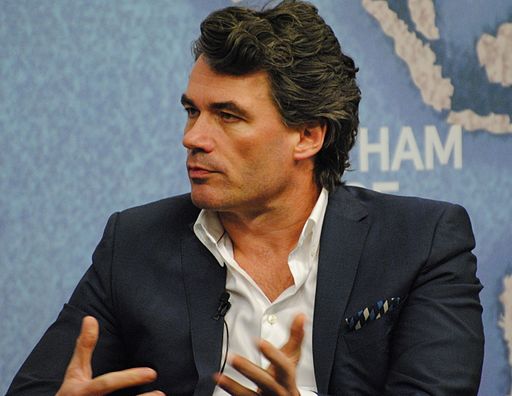But here's Yahoo's response. I've screen grabbed it from the email so that I make sure I maintain the context.
It doesn't specifically answer any of the questions I raised yesterday but, at face value, it looks like exactly the right thing to say. They agree that these ads shouldn't be there. And they're telling us that they do take steps to stop it. Regularly.
It's just a shame that those steps don't seem to, y'know, actually succeed in stopping them...
Let me give you an example. On February 9th, I sent an email to Michael Todd and Gavin Patterson at BT with a screen grab of this ad:
The ad was also being served on Yahoo's home page etc.
If someone clicked on the ad they were taken to a URL that starts: http://eurowatch.money/gb/duncanwh.php
I've removed some digits from the end of that URL so that it no longer works - I don't want to send anyone there - but here's a screen grab of the page it lands on.
If you click on the picture and enlarge it, you should be able to read the text.
Or you could not bother and just trust me that it is transparently untrue.
You know the sort of thing. There's a secret system. It always beats the market. You can't lose. And anyone can use it.
And Duncan Bannatyne's found out about it. And one of his friend's has accidentally revealed it. The way you do. And now there have been loads of national TV and newspaper articles about it - you know, you've seen them! Haven't you?
No wonder the establishment is running scared that everyone will find out about it. I mean, it won't be long before everyone's a millionaire.
Anyway... the important detail is that BT knew about this ad on February 9th.
On March 1st I sent Michael and Gavin another email. And this time I also included Charles Stewart (PR Manager, Public Policy, Yahoo). The email included a screen grab of this ad that was on Yahoo's home page that day.
That's an ad from businesscasestudies for How Bannatyne Got Rich with the tag line: Learn more about Duncan's investment secrets. The URL it pointed to started with http://eurowatch.money/gb/duncanwh.php
That's the same ad. With the same wording. Using the same company name. And pointing to the same website.
I also emailed them on March 2nd. Because it was still showing up that day.
I emailed them again this morning. Because it's still showing up today. Same picture. Same words. Same ad.
But it's okay, because we have their statement. So we know that they regularly take action to block ads in violation of their policies, as well as bad actors who work to circumvent their human and automated controls.
It's just that they haven't done so on this advertiser in the 22 days since they first became aware of them.
That's 22 days in which this deceptive and misleading ad appears to have been accepted by Yahoo. But let's not be misled by that evidence of fact. Their statement is more important than the facts before my eyes. The statement makes it perfectly clear: ads like this are unacceptable. It's just that it is, as I type, still accepted.
So that's that sorted.






